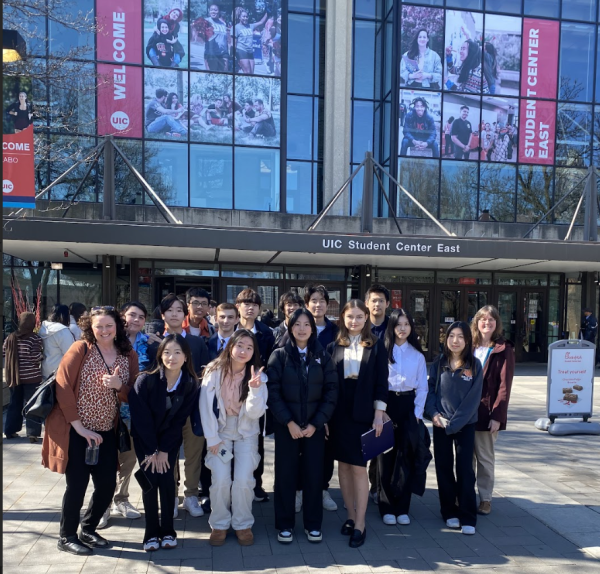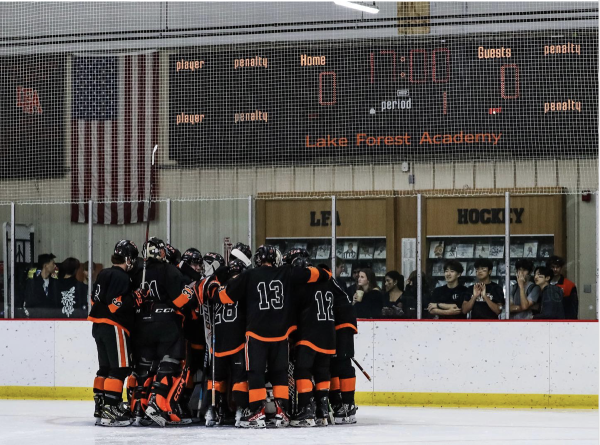What to do if you don’t get into your Early Decision School
December 7, 2022
Everyone, unfortunately, has to deal with rejection from time to time. Rejection can initially feel disappointing, devastating even. LFA seniors are entering a phase of their high school lives that will be filled with excitement and possibility, but also some confusion and rejection. Soon, many will be receiving either acceptance or rejection notices from Early Decision, Early Action, and international colleges and universities. To make this process easier, it is important to remember a few key ideas.
Mia Rogers, Associate Dean of College Counseling, remarked, “It’s okay to be disappointed but it is not okay to be devastated. Do not expect to get in, you should be surprised and happy if you get in.” Many seniors are applying to highly selective schools with a less than 20% acceptance rate. While it’s important to keep a positive mindset, it is essential to remember that the majority of students will not get accepted. When putting the numbers into perspective, try not to think about the 20% that were accepted, but the 80% that were not, as they were likely not any less capable.
“We tend to forget admissions representatives are people too. They are in that room rooting for you just as much as your counselors are. More than anything, they are looking for a person that is the ‘right fit’ for their community,” concluded Rogers.
Through the college process, many tend to narrow on to the idea of having a “dream school,” but there is “more than one school that is right for you,” said Ben Wetherbee, Associate Dean of College Counseling.
One pattern that both counselors have noticed is that students not only aspire to make it into the top universities, but how students prioritize activities for and outside of school. A lot of the time, students focus on activities they think will “look good” on their application. Rogers and Wetherbee, both having been college admission officers, agreed that “there is a lot that goes into this process and there are a lot of things that are not in your control.”
Both advised that students focus on what they can do and write about what they are most interested in and passionate about, as those things are what will stand out to admissions officers.
When it comes to the release of decisions, starting in December, here are some things to keep in mind:
- Dream schools do not exist. You step foot on a campus and you fall in love with its marketing. There is more than one “right fit” for everyone, you just have to be willing to keep an open-mind. Once you realize this, a whole list of opportunities awaits your attention.
- Separate rejection from validation. The less you can view this process as a validation exercise, the better off you will be. When you let validation come into play, we find the most disappointment. Remember that this is not a complete reflection of your character as your application only covers a few pieces of the puzzle that is you.
- Be kind to one another. Everyone is going through this phase. Some of us will be excited by our and our friends’ acceptances, but others will be simultaneously disappointed by their rejections.
- Keep perspective: when you get to college and are in your first semester, you will realize how relatively small of a moment that the college process is. While it may seem like a lot now, once you are done with the process it becomes not so large. In the grand scheme of life, this moment is small.
If you liked this article, go listen to the podcast version of The Spectator website with the full length interview with the college counselors and more!














